Circumcision
Circumcision is a surgical procedure that removes the fold of skin covering the head of the penis. Circumcision is performed not only by doctor's orders but also for personal reasons such as aesthetics, hygiene, or religious beliefs. Age is not a factor: the procedure is performed on both children and adults.

specialists

equipment

treatment
Indications and contraindications for circumcision
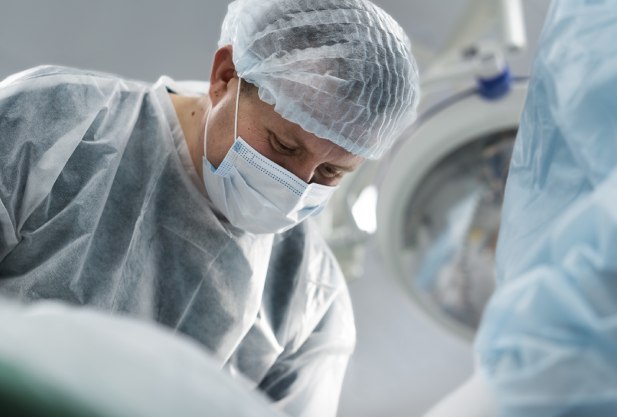
Medical indications for circumcision:
- Phimosis: narrowing of the foreskin, preventing the glans penis from fully opening. In children, this may be normal until 3-5 years of age, but if the narrowing persists longer, causes inflammation, or impedes urination, it is called pathological phimosis. In adults, phimosis most often develops due to tissue scarring.
- Paraphimosis: pinching of the glans penis by the compressed foreskin, resulting in impaired blood flow and swelling. It is accompanied by pain, a feeling of constriction, and severe discomfort. Without prompt medical attention, tissue necrosis may develop.
- Chronic balanoposthitis: regular inflammation of the glans penis and foreskin. The inflammatory process may periodically subside and then return in a more aggressive form, impairing quality of life. Over time, scarring and narrowing of the foreskin may develop, making it difficult to open the glans and increasing inflammation. Without treatment, the risk of bacterial complications and mucosal changes increases.
- Frequent urinary tract infections
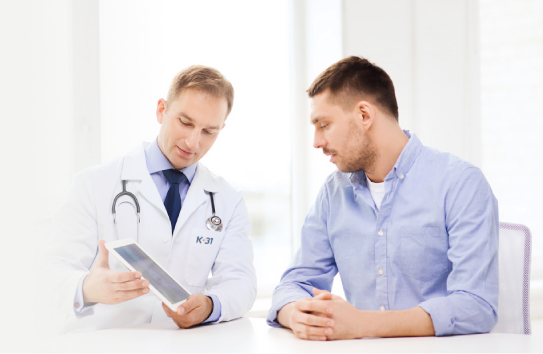
If you are unsure whether you should undergo circumcision or would like a second opinion, please consult with our clinic's doctors.
Contraindications to circumcision:
- Acute inflammatory diseases of the genitourinary system: circumcision is possible only after complete recovery.
- Bleeding disorders: circumcision in this case is performed under the strict supervision of a hematologist.
- Penile developmental anomalies (hypospadias, epispadias)
- Generally serious patient condition: surgery is postponed until the condition stabilizes.
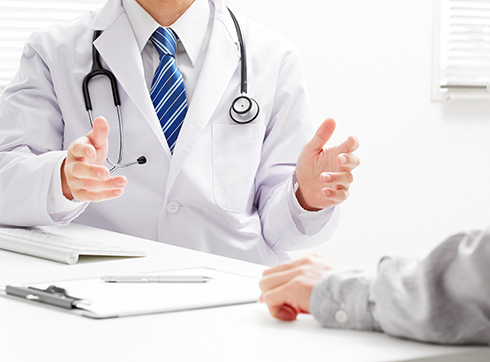
Methods and types of circumcision
There are several circumcision techniques. The method is selected individually.
Basic methods of circumcision:
- Classic circumcision: performed with a scalpel or surgical scissors. The foreskin is removed manually, followed by suturing. This is a fairly traumatic procedure, requiring a long and careful recovery. To reduce patient discomfort, the doctor may use self-dissolving sutures that don't need to be removed after a period of time.
- Clamp circumcision (clip circumcision): performed on children using devices that secure the foreskin and then cut it off without the need for stitches. This method is quite outdated; modern doctors prefer more advanced technologies.
- Laser circumcision: the foreskin is removed using a laser beam. This minimally invasive, bloodless method offers rapid tissue regeneration. Used for patients of all ages.
- Radiofrequency circumcision: performed using a radiofrequency knife.
Types of circumcisions based on the extent of foreskin removal:
- Total circumcision: the surgeon completely removes the entire foreskin, leaving the glans fully exposed both in flaccid and erect states.
- Partial circumcision: the surgeon preserves part of the foreskin. The glans may be partially covered in the flaccid state, but is completely exposed during erection.
- High or low circumcision: determined by the location of the scar. With a high circumcision, the scar is closer to the base of the penis, with a low circumcision, closer to the coronal sulcus (the base of the glans).
- Tight or loose circumcision: refers to the degree of skin tension after healing. With a tight circumcision, the skin is taut even when relaxed, while with a looser circumcision, it shifts easily.
The K+31 clinic in Moscow offers modern, gentle circumcision methods that ensure minimal trauma, a quick recovery period, and a highly aesthetic result. All procedures are performed using sterile, disposable instruments, under the supervision of experienced surgeons, and in compliance with all safety standards.
Radio Wave Circumcision
Radio wave circumcision is a modern circumcision method performed using a radio wave scalpel. The device generates high-frequency waves that gently cut tissue and simultaneously coagulate blood vessels.
Advantages of the radio wave method:
- The vessels are immediately "sealed," reducing the risk of bleeding.
- A neat incision and gentle technique speed up recovery.
- Minimally invasive—surrounding tissue is not damaged.
- The procedure is performed under local anesthesia and does not require hospitalization.
Minimal type of surgery
Partial circumcision is a minimally invasive form of circumcision in which only the foreskin is removed. Most of the natural tissue is preserved.
Why is partial circumcision performed?
- To improve hygiene if you're prone to inflammation
- For partial phimosis
- For aesthetic purposes—for a more open appearance while maintaining sensitivity
Preparing for surgery
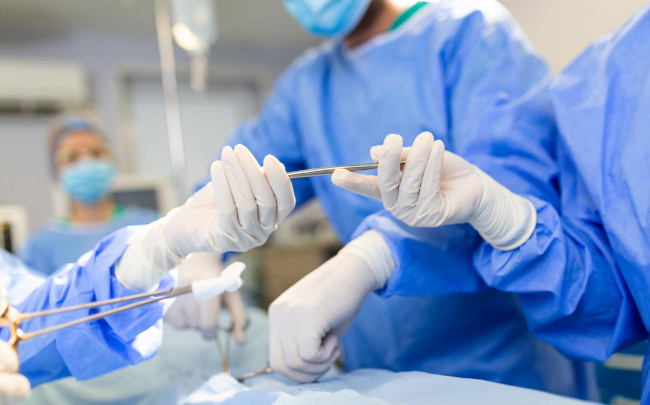
General recommendations before circumcision:
- Abstain from alcohol and smoking 5-7 days before to avoid delaying healing.
- Avoid physical activity and exposure to cold for 24 hours.
- On the day of surgery, perform standard hygiene and wear clean, loose-fitting underwear.
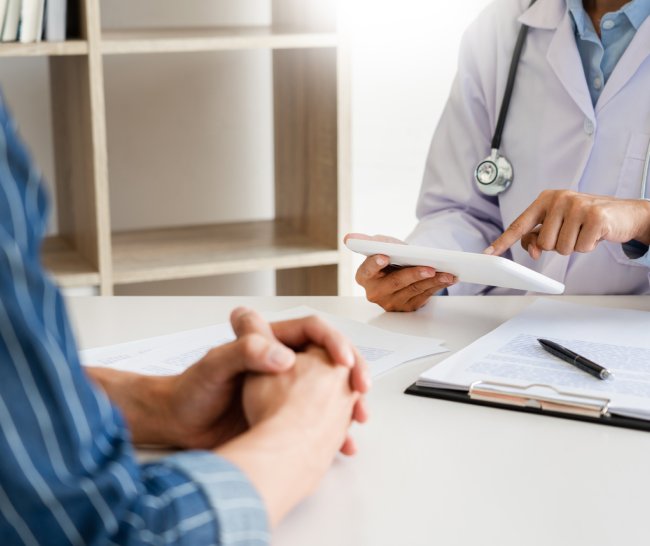
Tests and consultations before circumcision
The first step in preparing for surgery is a consultation with a specialist. The urologist carefully listens to the patient's complaints, assesses the condition of the foreskin, rules out contraindications, and determines the optimal surgical method. Patients with chronic conditions may require an additional consultation with a specialist.
Before surgery, the patient must also undergo a medical examination, including:
- Blood test: performed to assess overall health
- Urine test: helps rule out inflammation in the genitourinary system
- Coagulogram: checks blood clotting
- Blood type and Rh factor determination: indicated if data is inaccurate or missing
- HIV, hepatitis B and C, and syphilis testing
- ECG: prescribed for individuals at risk
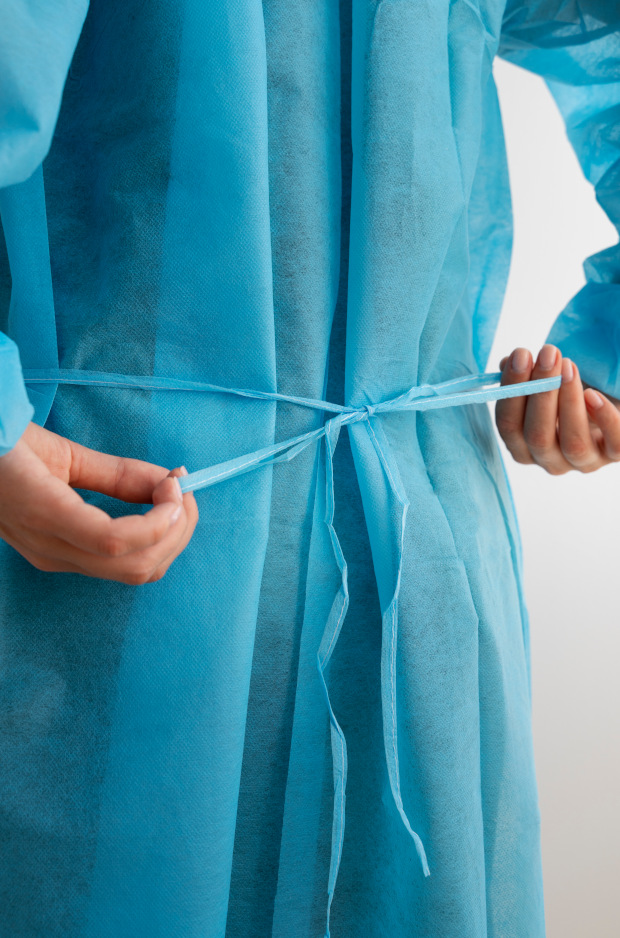
Anesthesia and its types
The goal of anesthesia is to ensure the patient's comfort and emotional calm. The doctor selects the type of anesthesia individually, taking into account the patient's age, the extent of the procedure, and any comorbidities.
The main types of anesthesia for circumcision:
- Local anesthesia: loss of sensation occurs only in the surgical area; the patient remains fully conscious.
- Conduction anesthesia: this type of anesthesia blocks the nerve endings that innervate the penis. This method provides deeper anesthesia than local anesthesia. It is most often used in pediatrics.
- General anesthesia: used primarily in young children or in cases where the adult patient suffers from high anxiety. Requires a preliminary examination and the participation of an anesthesiologist.
- Sedation (medication-induced sleep): During the procedure, the patient is immersed in a state of deep relaxation, reminiscent of normal physiological sleep. After the procedure, the patient awakens easily, without disorientation, and can return to normal activities within a couple of hours.
At the K+31 clinic, pain relief is a priority. An experienced anesthesiologist supervises the procedure. For pain relief, we use modern, latest-generation medications that are quickly eliminated from the body and leave no negative effects.
FAQ
Is circumcision painful?
The procedure is performed under anesthesia, so there is no discomfort during the procedure. After the anesthesia wears off, some minor discomfort is possible, but it subsides quickly.
What is the best age for circumcision?
Circumcision is performed on newborns, adolescents, and adults. In children, the surgery is quicker and recovery is easier. In adults, doctors pay more attention to preparation and rehabilitation.
How long does the surgery take?
Circumcision typically takes 20-40 minutes, including preparation and suturing. The man returns home the same day.
Are scars visible after surgery?
After healing, the scar is virtually invisible. With proper technique and care, the cosmetic result is neat. To avoid visible scars, choose minimally invasive radiofrequency circumcision.
Can circumcision affect sensitivity?
Some reduction in sensitivity is possible, especially in adults. However, more often, patients report reduced discomfort and improved quality of intimate life.
If you have any questions, you can always consult a urologist, who can help you determine whether surgery is appropriate for your specific case.
How do I find out the cost of the procedure?
To learn about available foreskin removal methods and pricing, schedule a consultation with a doctor. Based on your preferences, a specialist will select the most appropriate method and calculate the cost of the procedure.

This award is given to clinics with the highest ratings according to user ratings, a large number of requests from this site, and in the absence of critical violations.

This award is given to clinics with the highest ratings according to user ratings. It means that the place is known, loved, and definitely worth visiting.

The ProDoctors portal collected 500 thousand reviews, compiled a rating of doctors based on them and awarded the best. We are proud that our doctors are among those awarded.
Make an appointment at a convenient time on the nearest date
Price
Other services







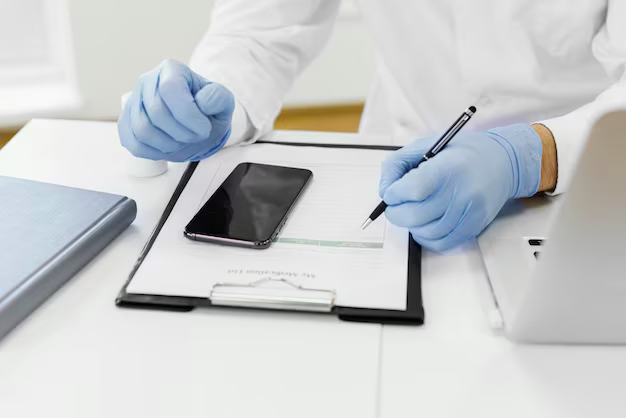
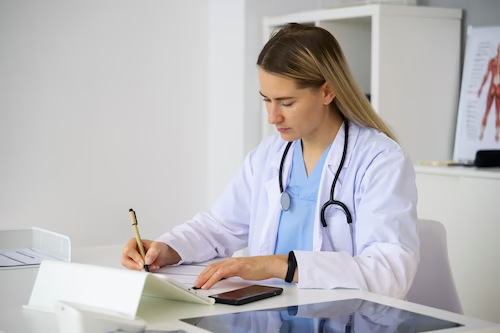
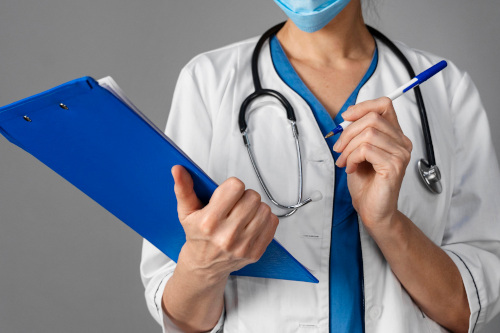
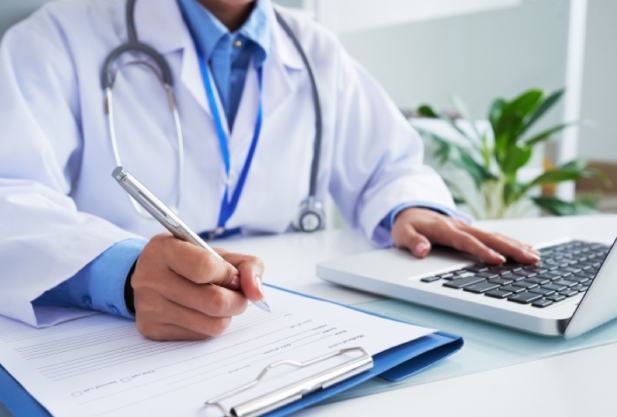
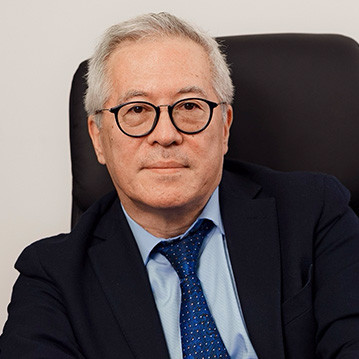
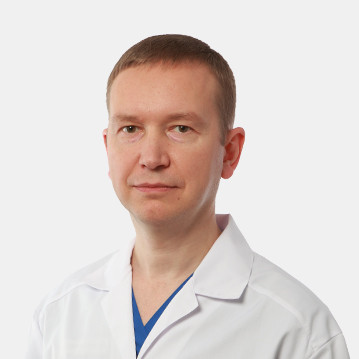
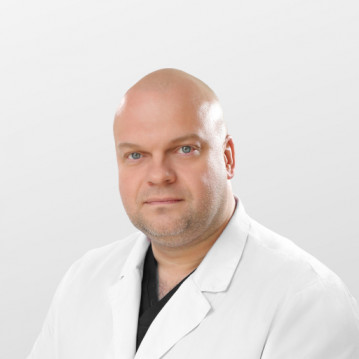
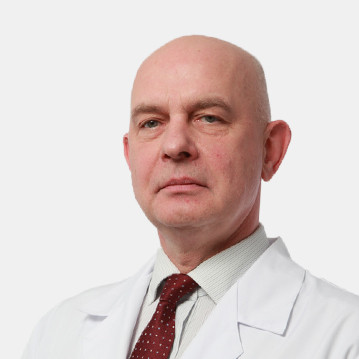
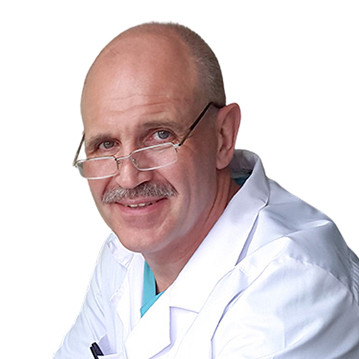
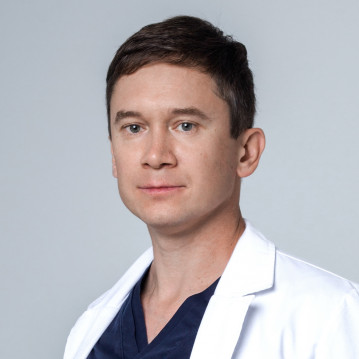
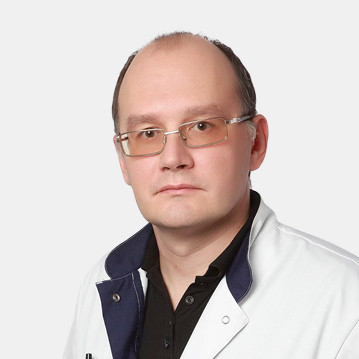
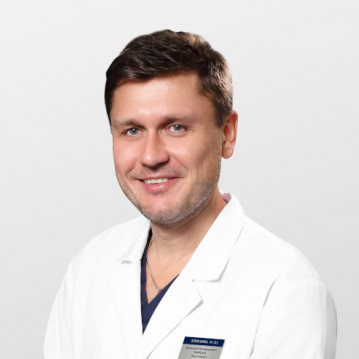
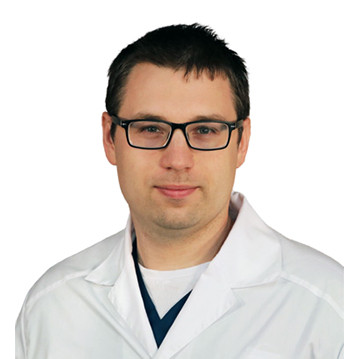
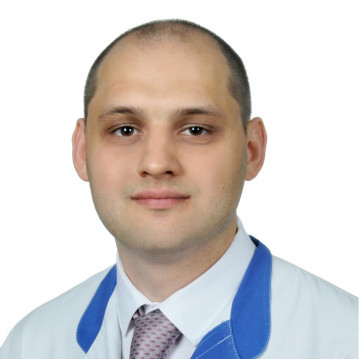
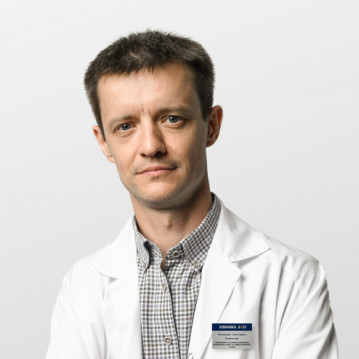
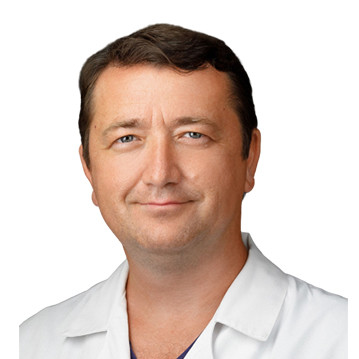
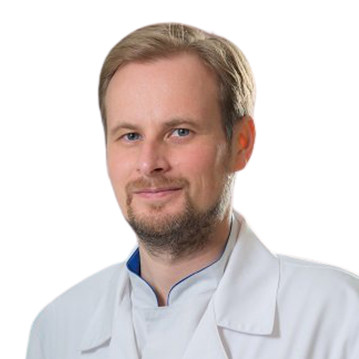
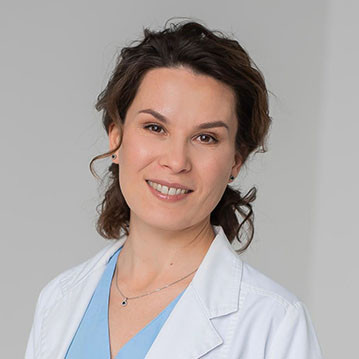
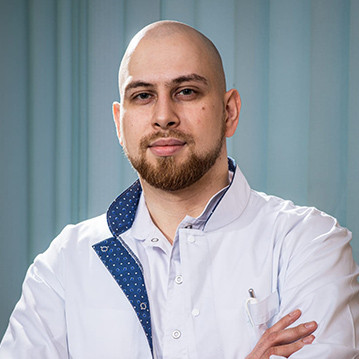
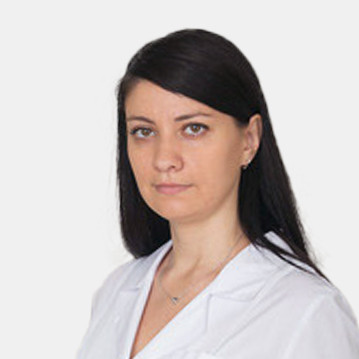
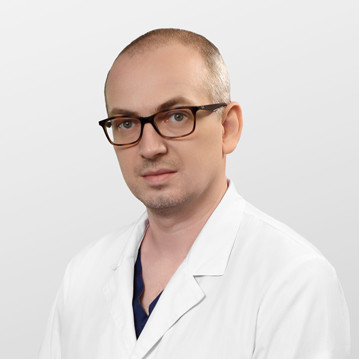
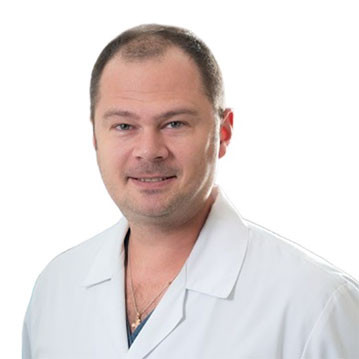
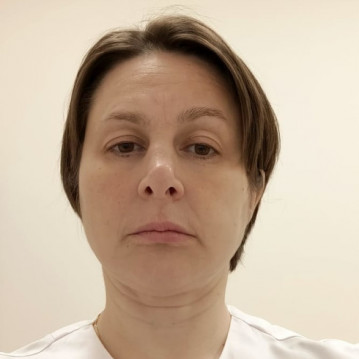
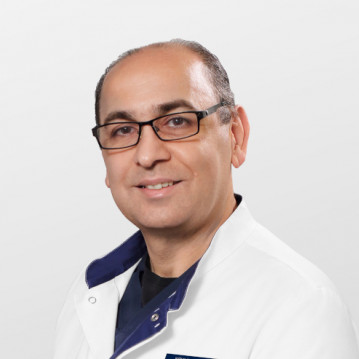
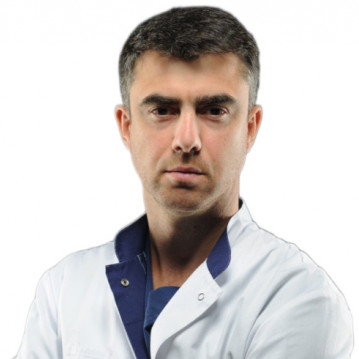
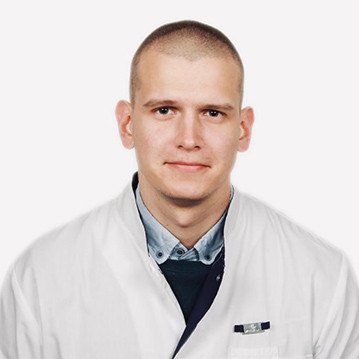
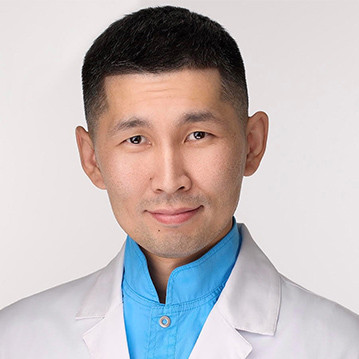

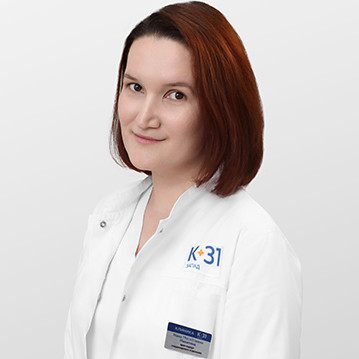
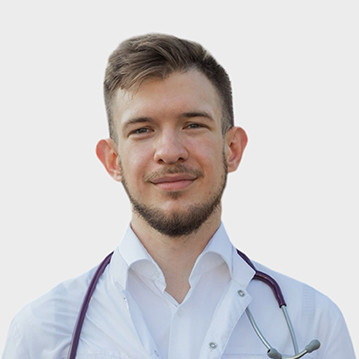

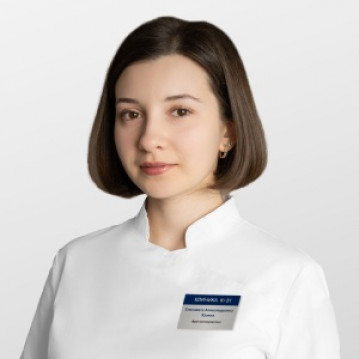

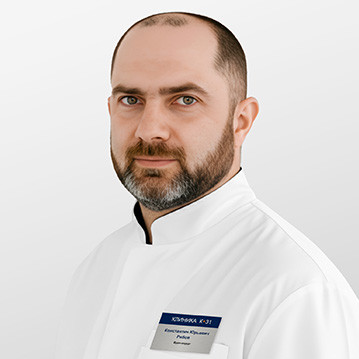
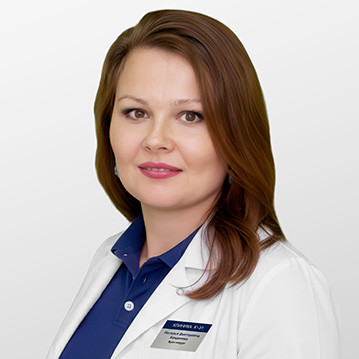
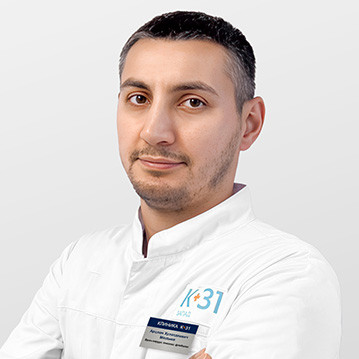
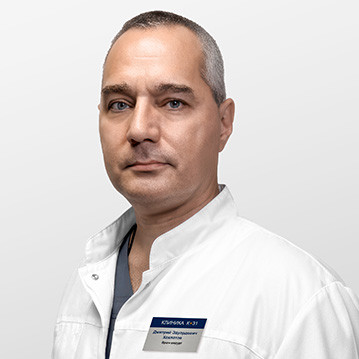
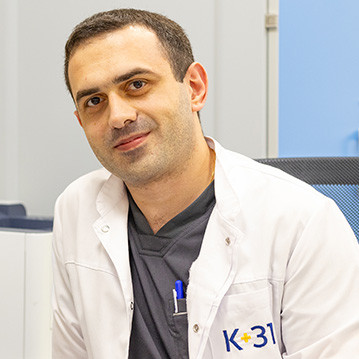
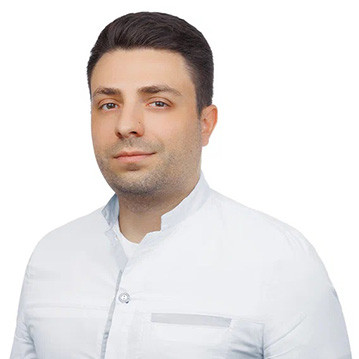
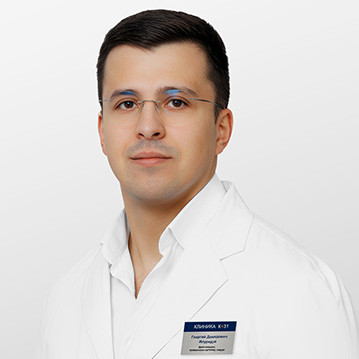




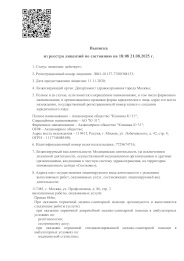
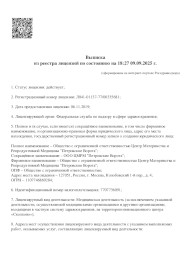
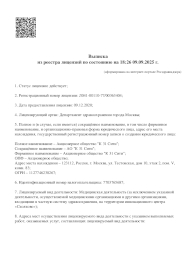
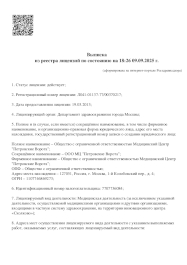
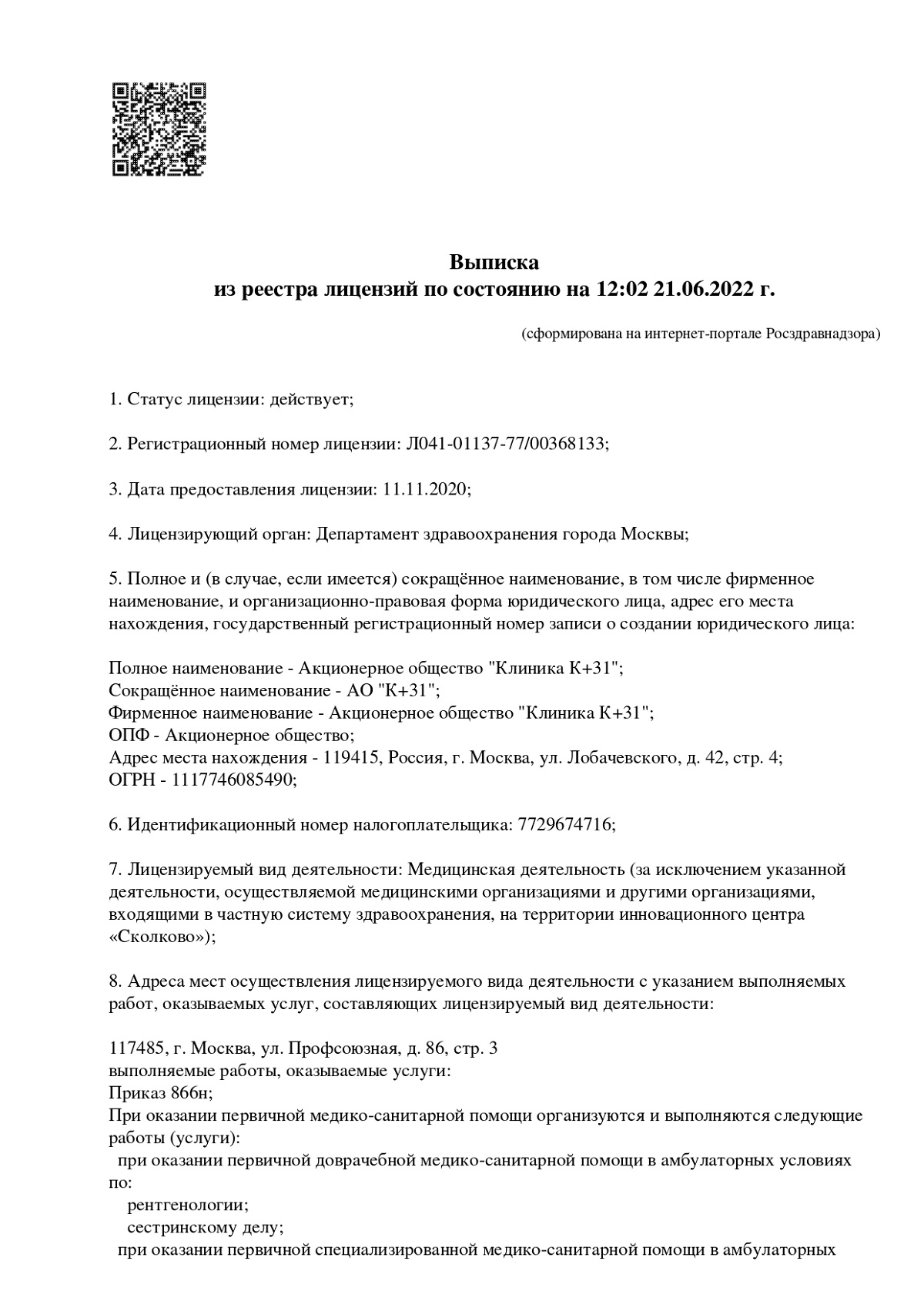
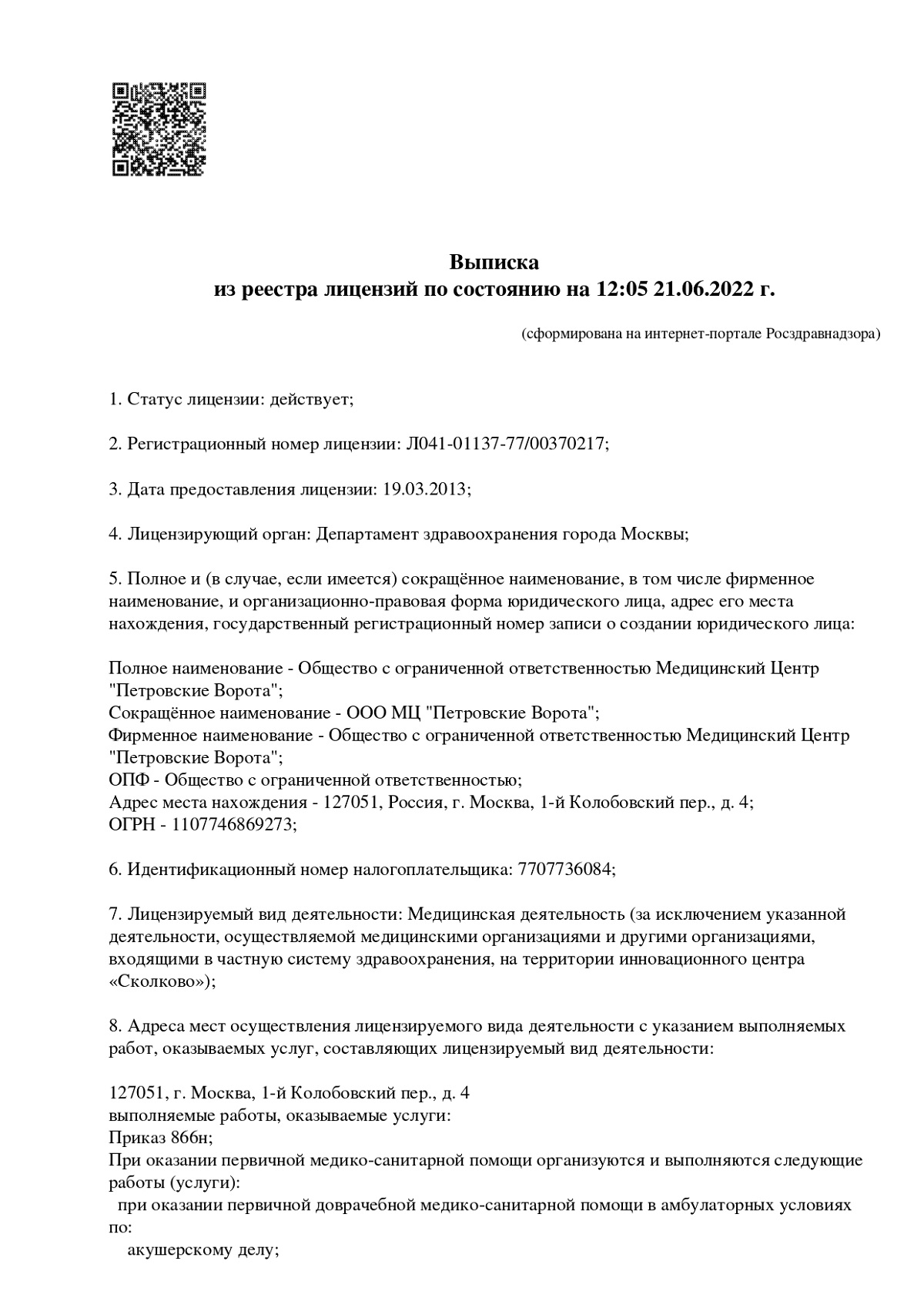
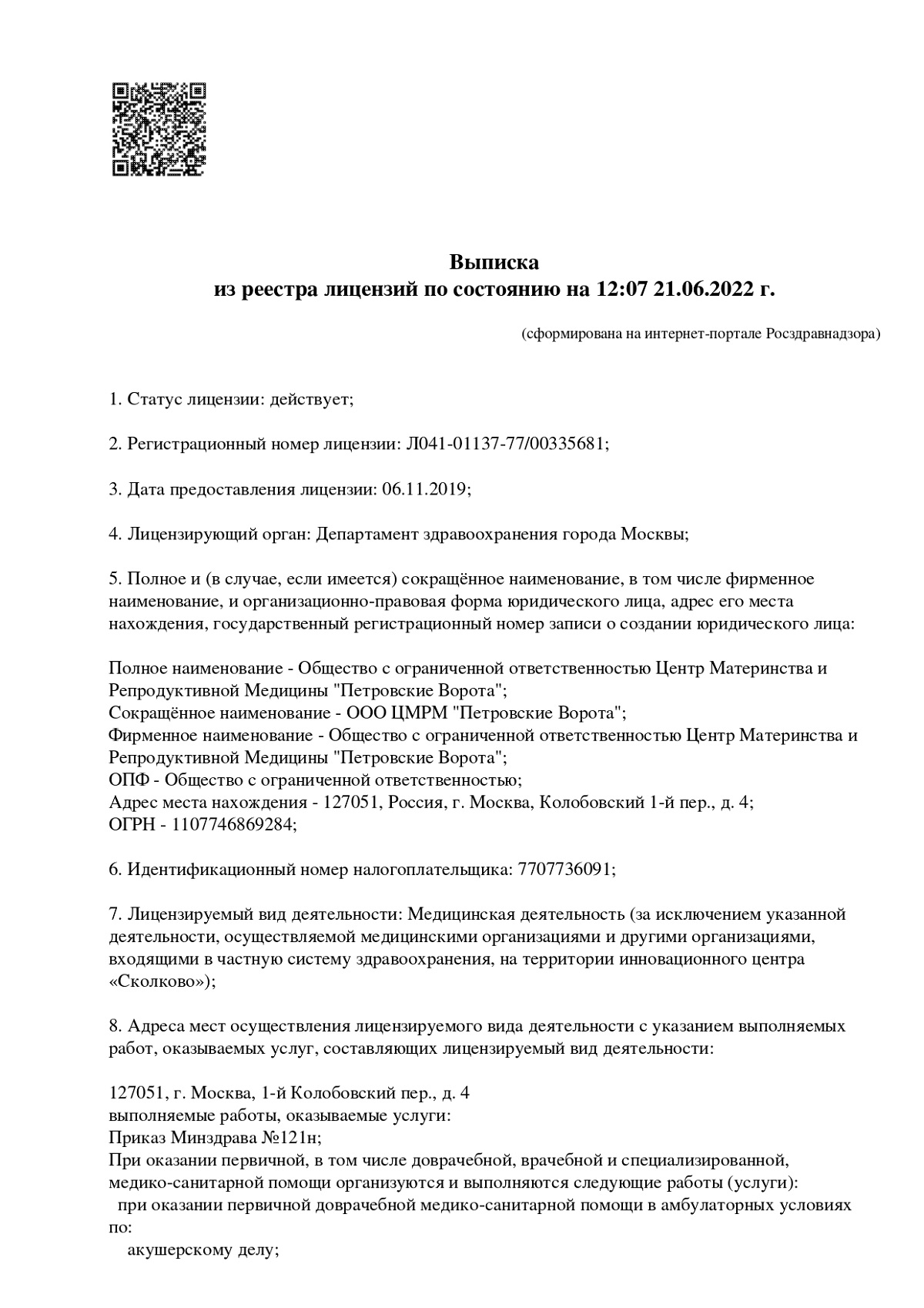
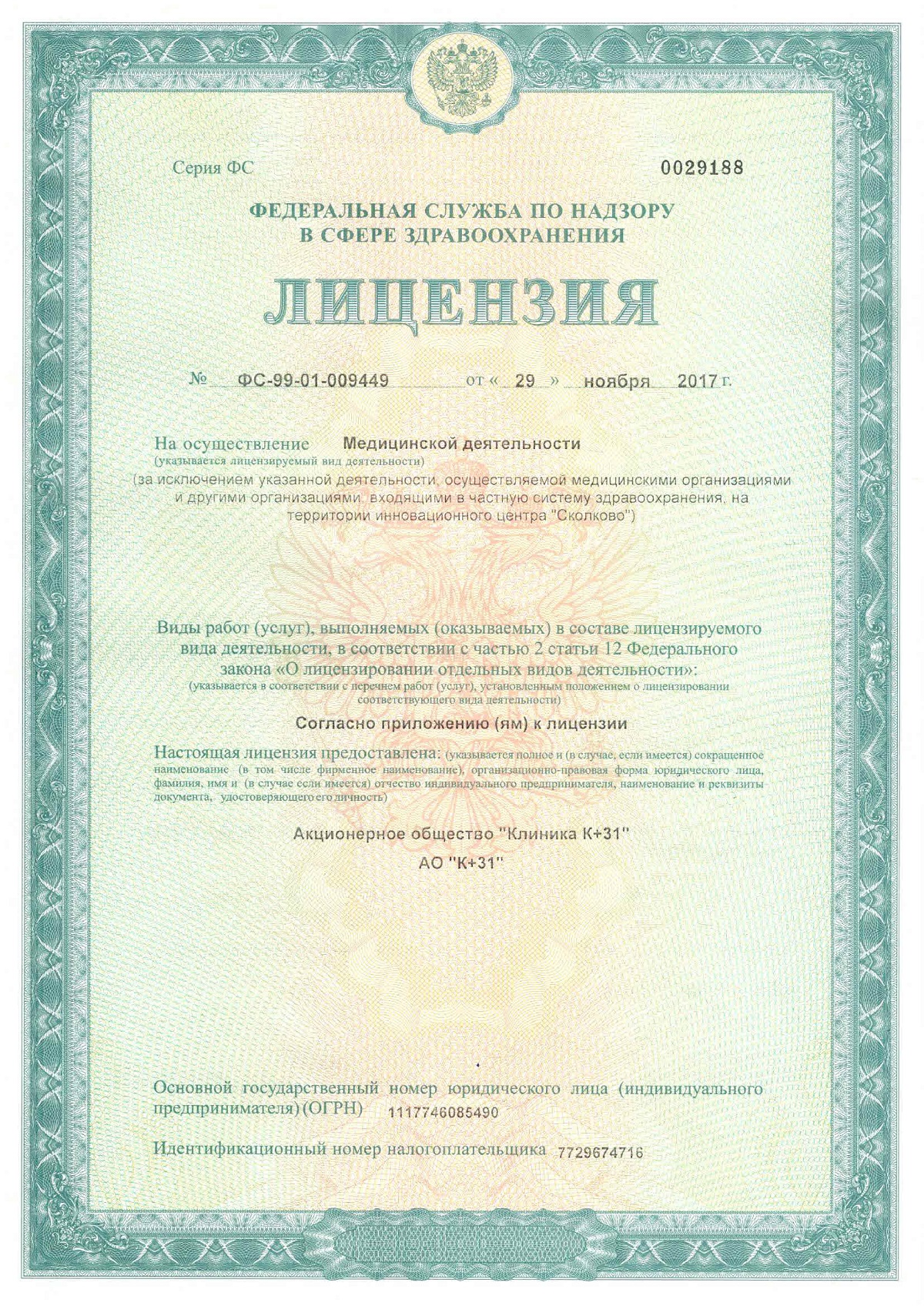
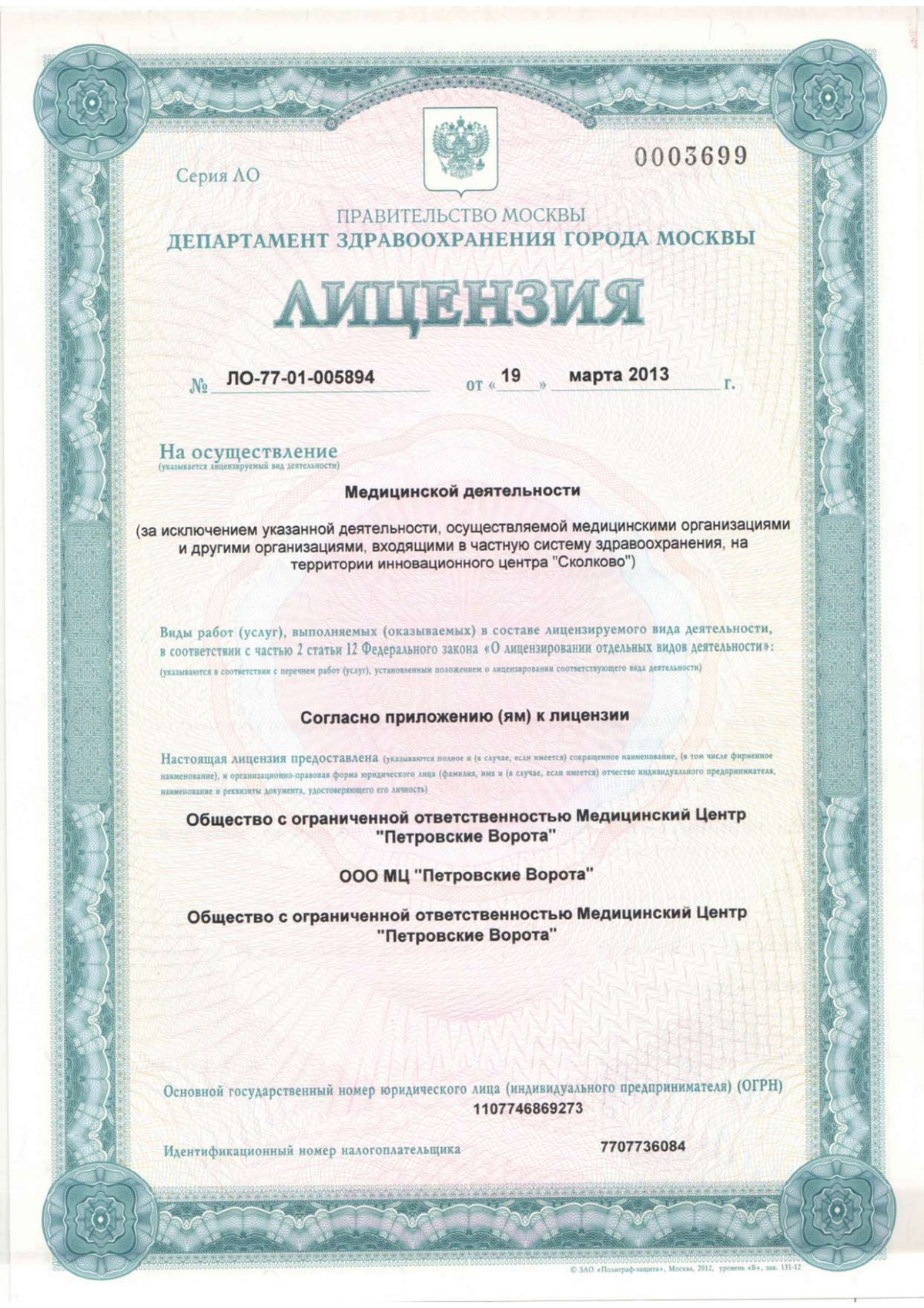
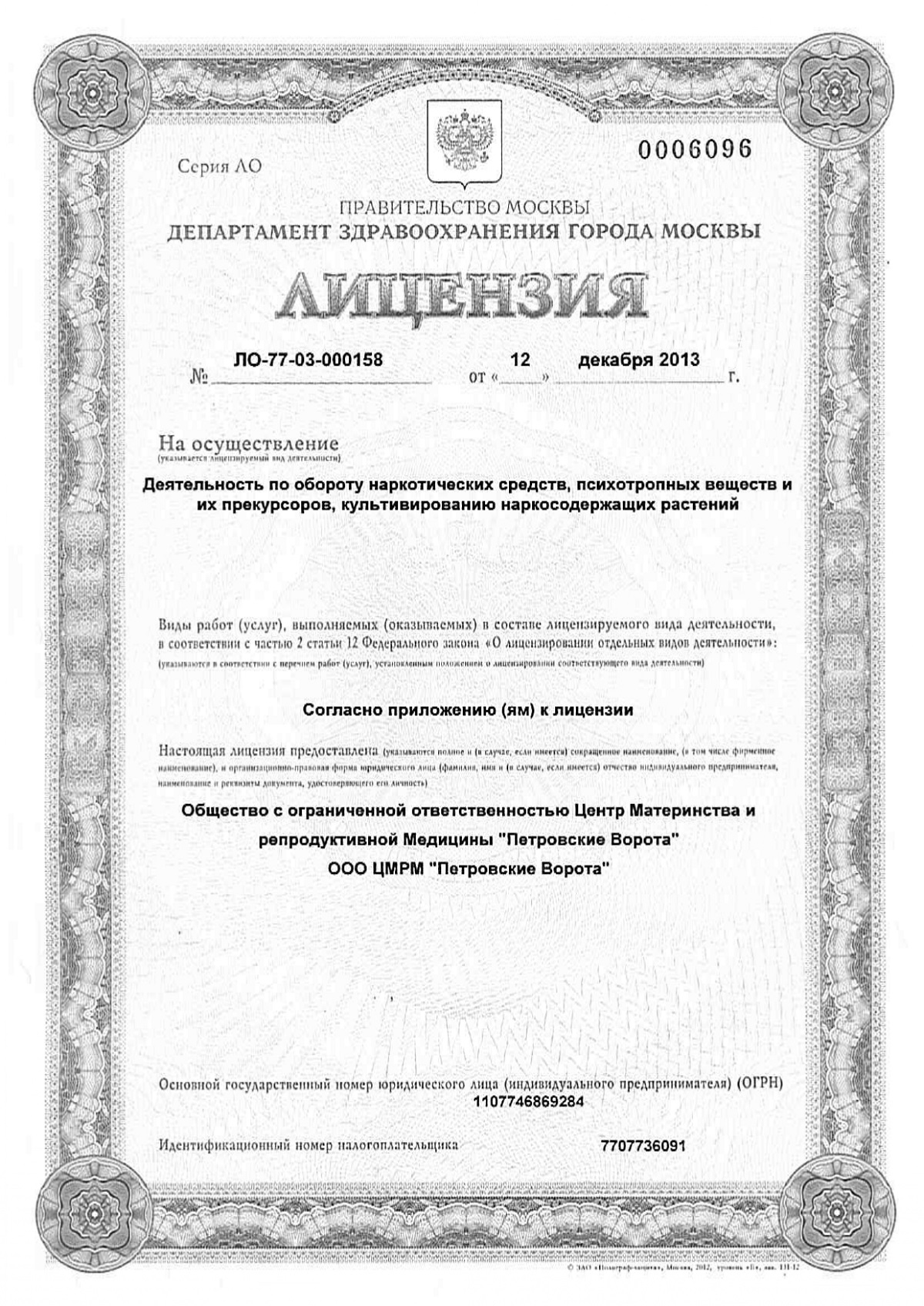
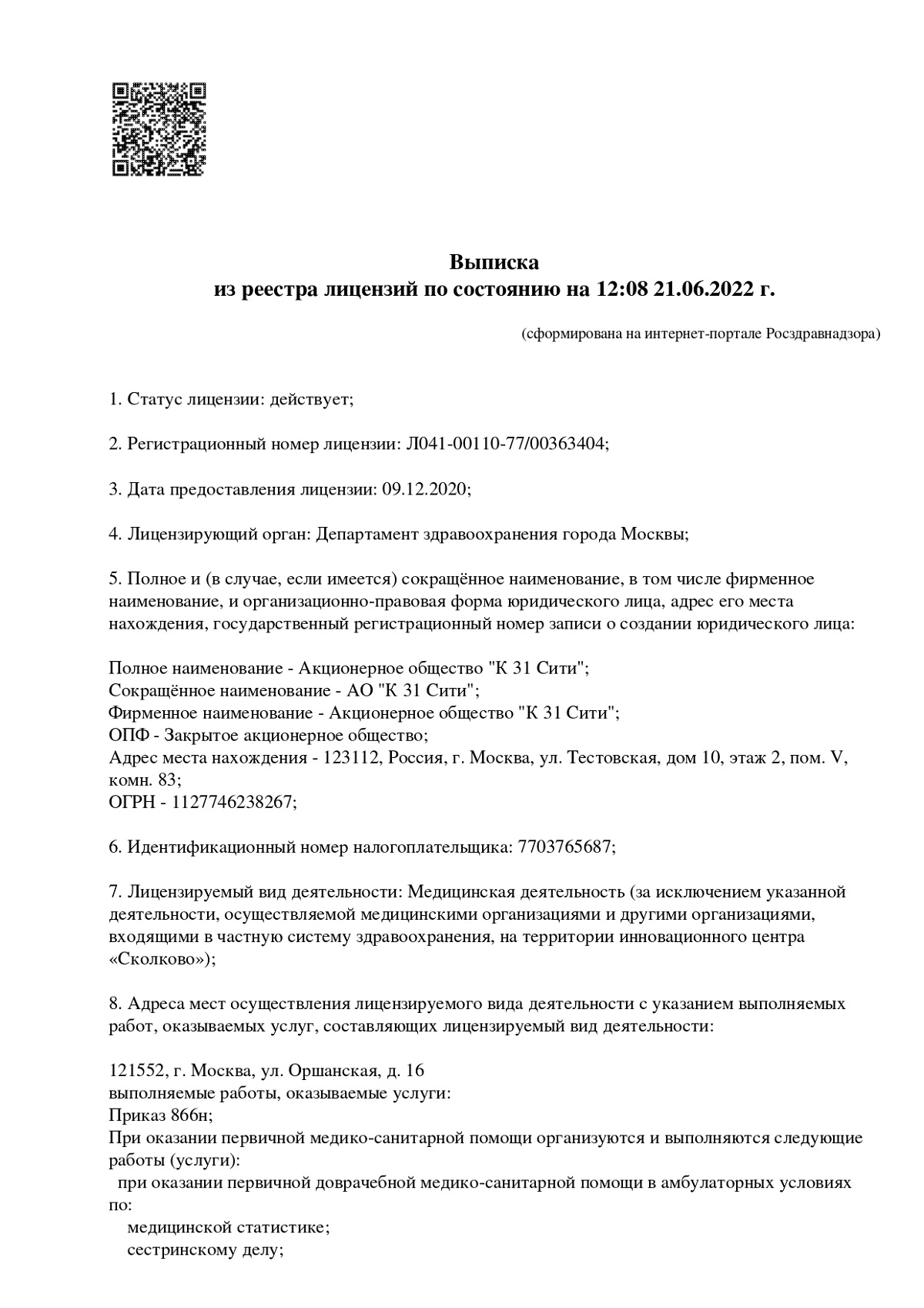
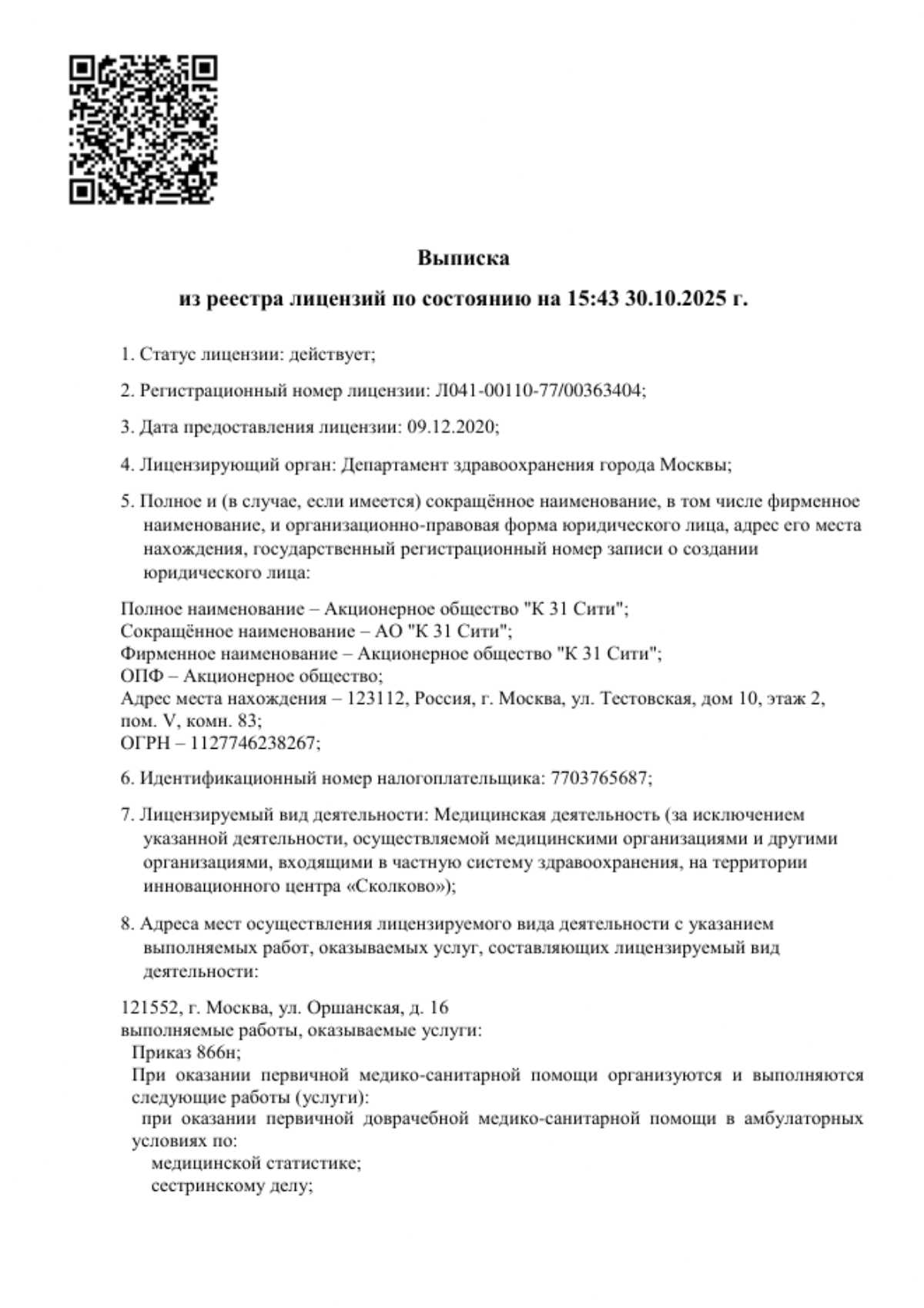
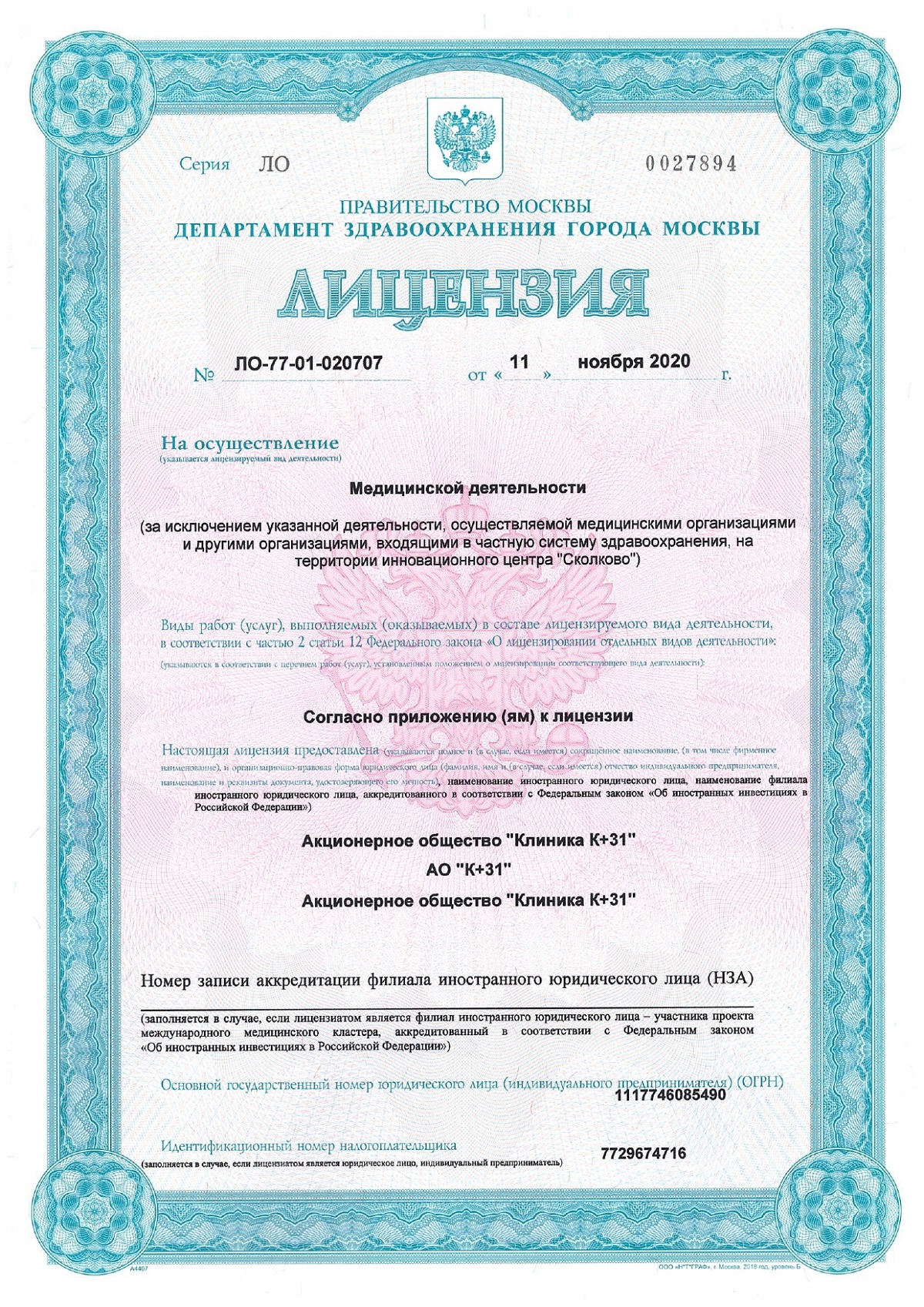
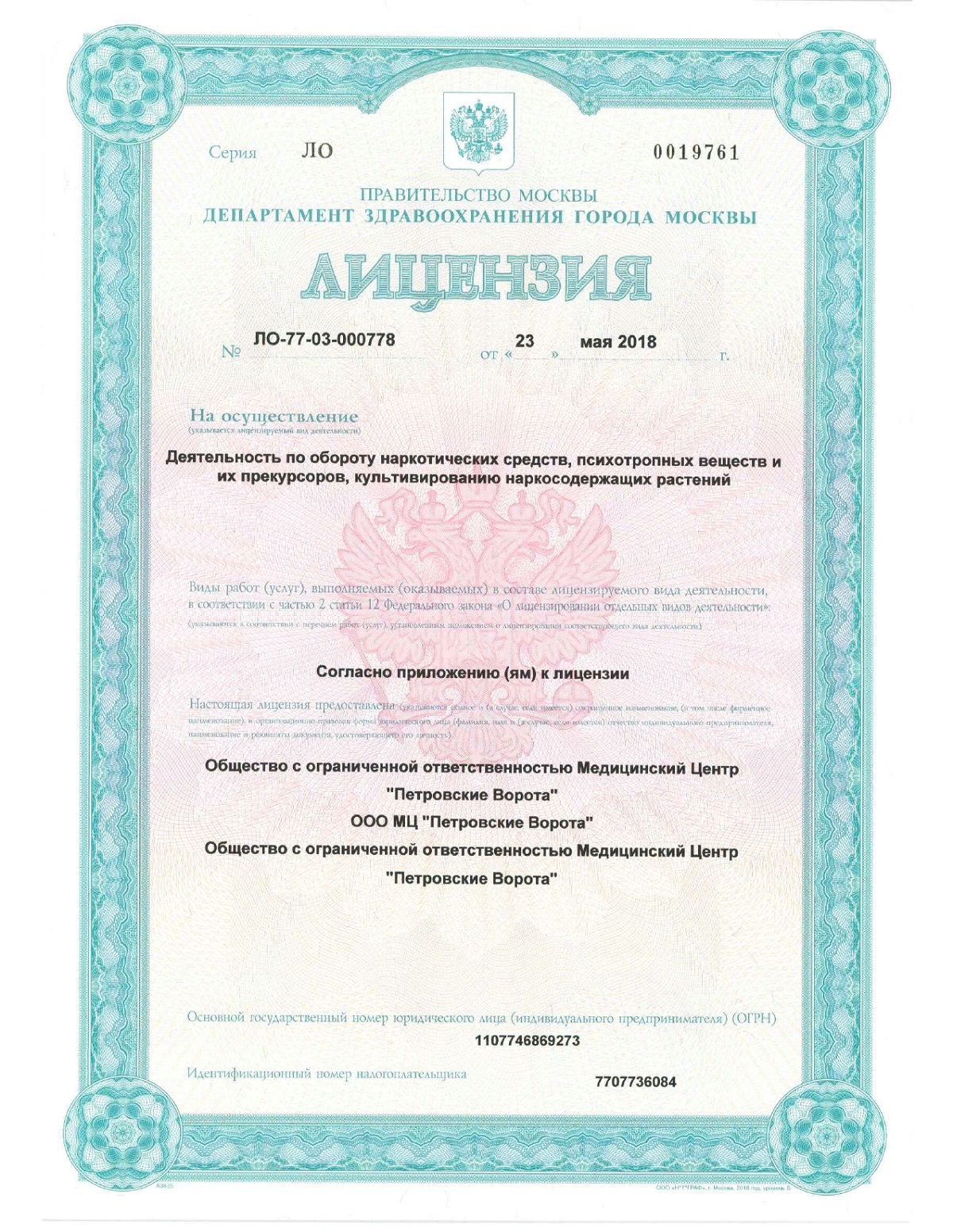
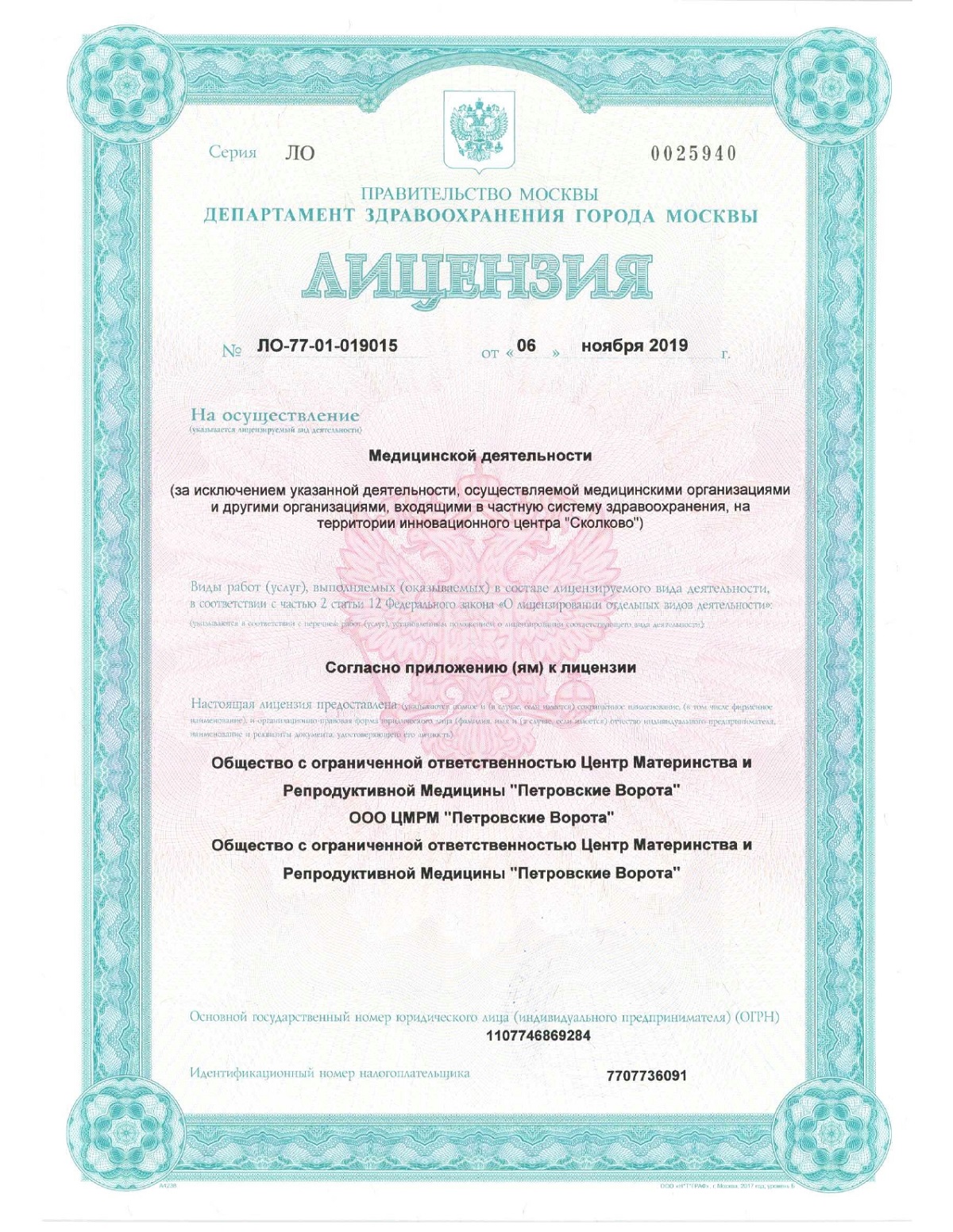
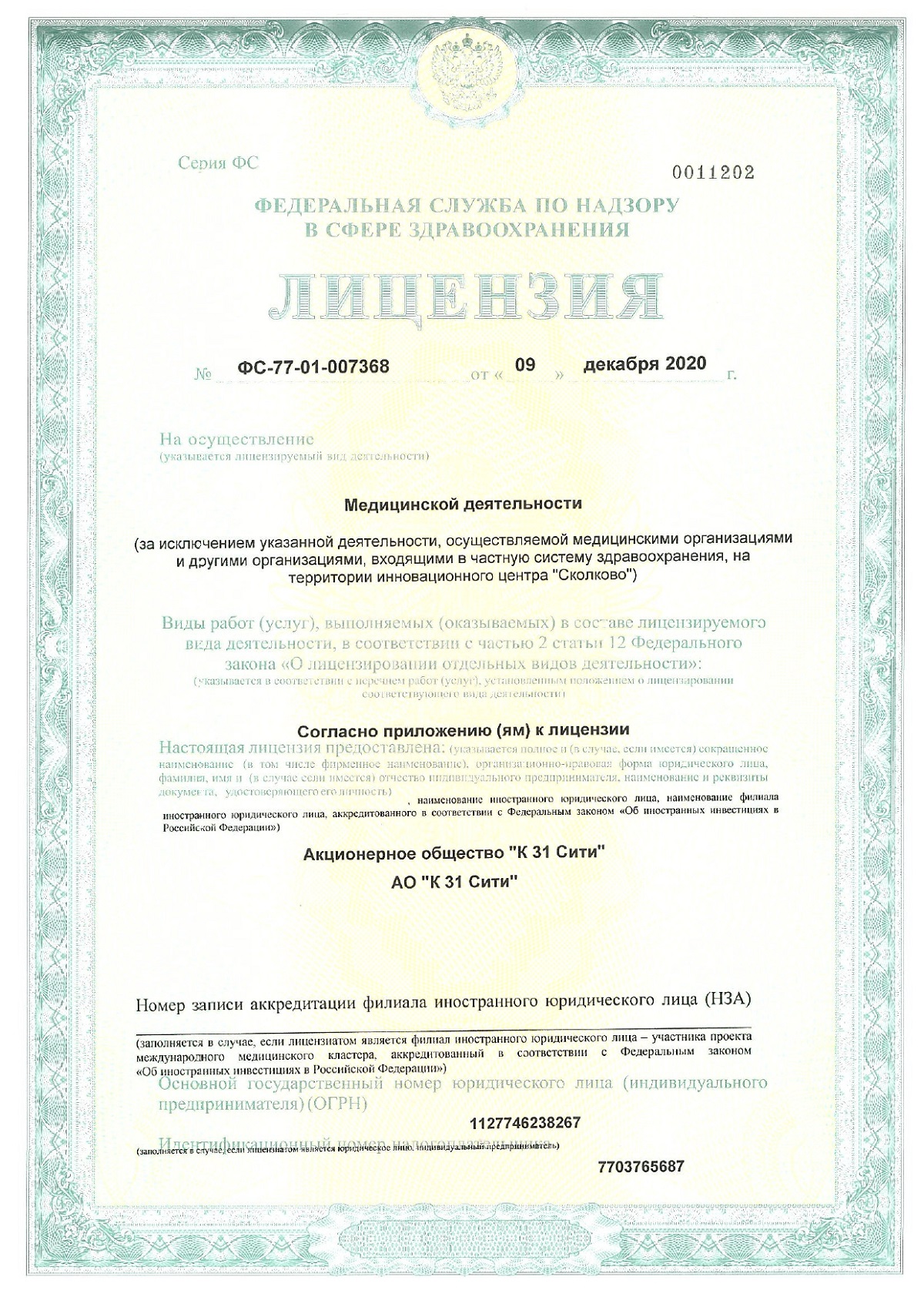



What is circumcision and its purposes
Today, circumcision is a safe, minimally invasive procedure that does not affect sensation or function.
Purposes of circumcision: